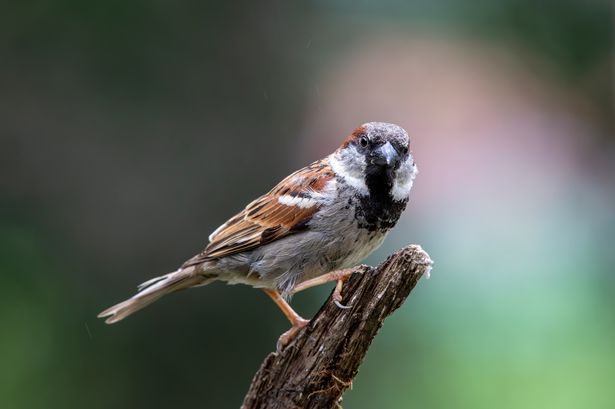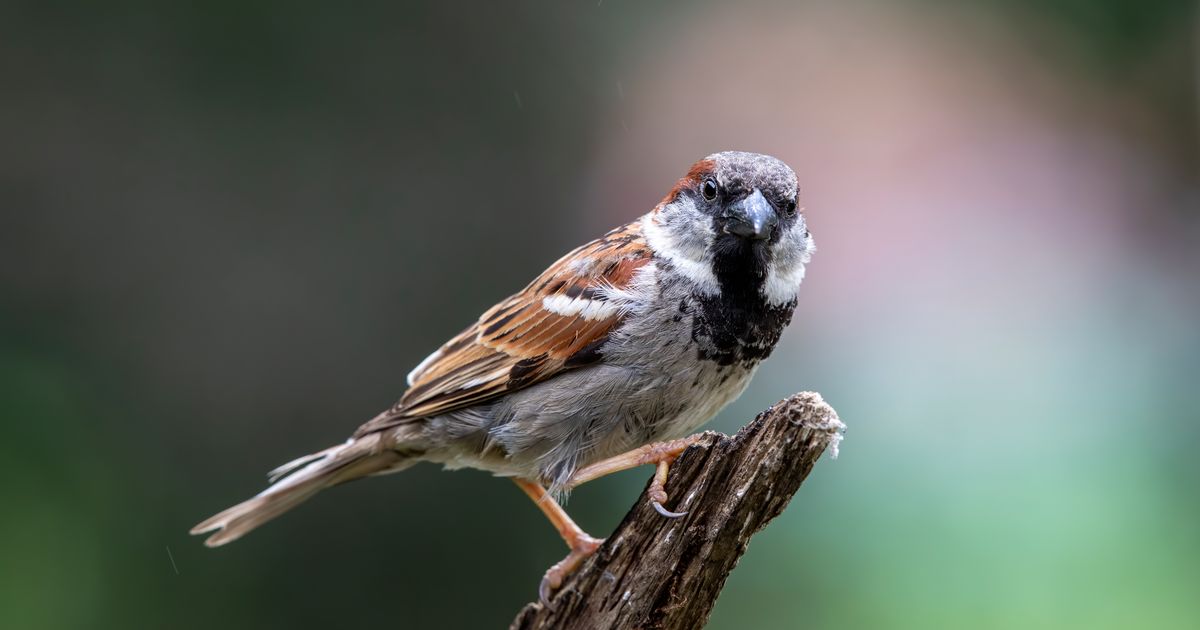A leading expert took to the BBC to sound the alarm due to numbers plunging in the UK – but people can take simple actions to help
12:49, 20 Jun 2025Updated 13:37, 20 Jun 2025
 House sparrows numbers are plunging in the UK and people are being asked to help them quickly(Image: Getty)
House sparrows numbers are plunging in the UK and people are being asked to help them quickly(Image: Getty)
Anyone with sparrows in their garden in the UK is being asked to take immediate action amid a shocking decline in numbers. BBC Radio 4’s Inside Science program was yesterday told that numbers in the UK have plunged – by around 70 per cent on average.
Imperial College London’s Dr Julia Schroeder has been studying house sparrows for 15 years – and said it’s incredibly important that people take urgent, but simple action to help. She explained how noise in Uk cities, together with a massive decline in insects were two key problems – as well of lack of placed to make their homes.
Dr Schroeder said: “In the UK house sparrow numbers have plummeted on average 68 per cent and in some areas even up to 90 per cent. So what might be driving this? The answer lies in a combination of factors all of which affect the production and survival of chicks.
“This is because while adult sparrows may still find food, the chicks really rely on insects to grow. But insects have declined drastically recently, especially in cities. Think about it – when was the last time you were bitten by a mosquito in a city? Another culprit is noise. In loud urban environments mother sparrows often can’t hear their chicks begging for food and if they don’t hear them they will feed them less.
“It’s a real tragic miscommunication and perhaps the saddest reason is we’ve made our houses too perfect. We seal off every crack and we’ve eliminated the very spaced house sparrows once used to nest in.”
But she said there were simply things people could do to help: “There are lots of cheap and very cheerful actions we can take as individuals and as a society. Flowers and trees that suppost insect life. We can provide nest boxes. Let’s bear house sparrows in mind when building and developing.
“We can avoid plastic grass, gravel and too much asphalt, ditch insecticides and yes, put up with the occasional mosquito bite. But most of all let’s talk about this issue and spread the word where you know you can make a meaningful impact in schools and work and community groups. Let’s make this a conversation that grows and in doing so help sparrow numbers to grow too.”
What to do to help sparrows:
- Plant flowers and trees which are good habitats for insects
- Put nest boxes on trees and houses
- Don’t have astroturf instead of grass
- Avoid too much paving, gravel and asphalt
- Don’t use insecticides.
Dr Shroeder explained: “Today, house sparrows have perfectly adapted to cohabiting with humans nesting in their roofs, crevices, farms and towns. They like living around people and they don;t just nest in out buildings they also thrive on our mess; spilled grain, chicken feed and left over chips outside a kebab shop make for reliable meals.
“For house sparrow chicks the insects found near our lives are all the protein they need to grow. Most people today enjoy the presence of house sparrows but it hasn’t always been the case. In Mao Zedong’s China, they were accused of stealing too much grain. In a campaign to boost harvests, Mao ordered the extermination of all sparrows; however, the result horribly backfired.
Without sparrows to control them, locusts surged and ate the crops, even leading to starvation – a powerful lesson about the importance of ecological balance.”
More information on house sparrows here. Listen to the BBC Inside Science episode here.
